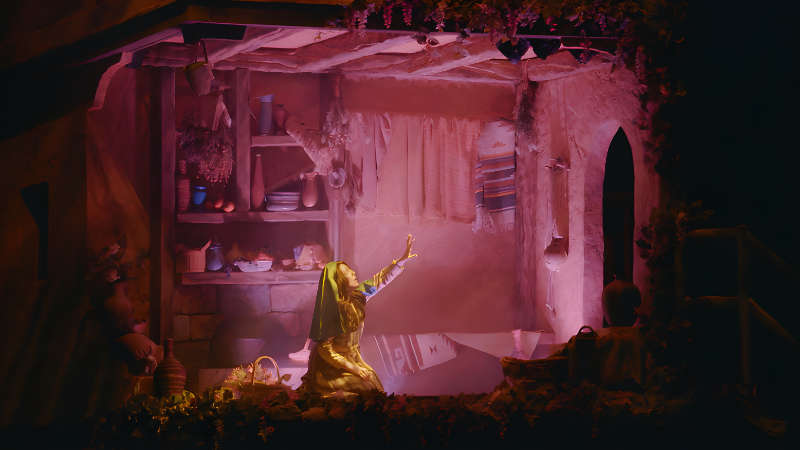During the feast of Pentecost that followed Jesus' last Passover, the disciples received a peculiar gift. They were gathered in an upper room, engaged in prayer.
Suddenly a sound like that of a rushing wind came from the sky. Tongues analogous to flames rested on each of them; They were filled with the Spirit and received the power to speak “with other tongues” (Acts 2:1-4). This is how the Church was born, destined to be the Bride of Christ, and her witness here on earth through the proclamation of the Gospel.
The question of the gift of languages has caused a strong controversy within modern Christianity, where two opposing positions are maintained:
(A) which affirms that this gift continues to be given today, and
(B) which maintains that this gift fulfilled its mission as a testimony before the Jewish nation until its destruction in the year 70 AD.
A detailed review of all the arguments for and against cannot be given in an article of limited length, so we refer the reader interested in this topic to the bibliography at the end of this article.
However, certain clarifications must be made. In the apostolic era, the gift of tongues and its interpretation were already placed in last place (1 Cor. 12:10, 30).
The position that the manifestation of the gift of tongues is the "necessary" result of the baptism of the Spirit finds its refutation in 1 Cor. 12:28-30. On the other hand, the gift of tongues had very specific uses as evidence to the believers of Judaism of their entry into the Church of:
(A) the Gentiles (Acts 10:45-48);
(B) the residue of John's disciples (Acts 19:1-6);
On the other hand, it seems that this was the case in the case of the group of Samaritans (Acts 8:14-18). In any case, it should also be noted that in the same apostolic writings we can see a sharp decline in the activity of miraculous gifts towards the end of the apostolic era.
In He. 2:3-4 Hebrew believers are reminded that the word announced by the Lord "was confirmed... with signs and wonders and gifts of the Holy Spirit," placing this special activity of supernatural confirmation in the past.
Meaning of TONGUES
During the feast of Pentecost that followed Jesus' last Passover, the disciples received a peculiar gift. They were gathered in an upper room, engaged in prayer.







